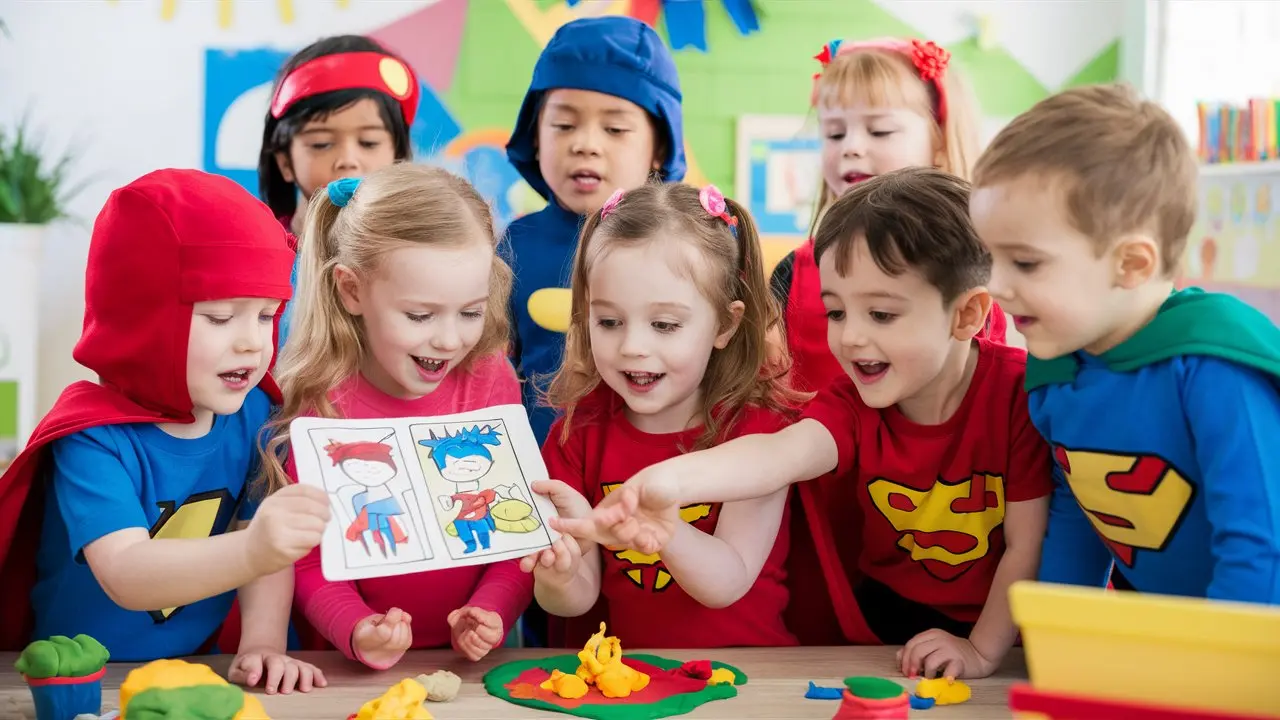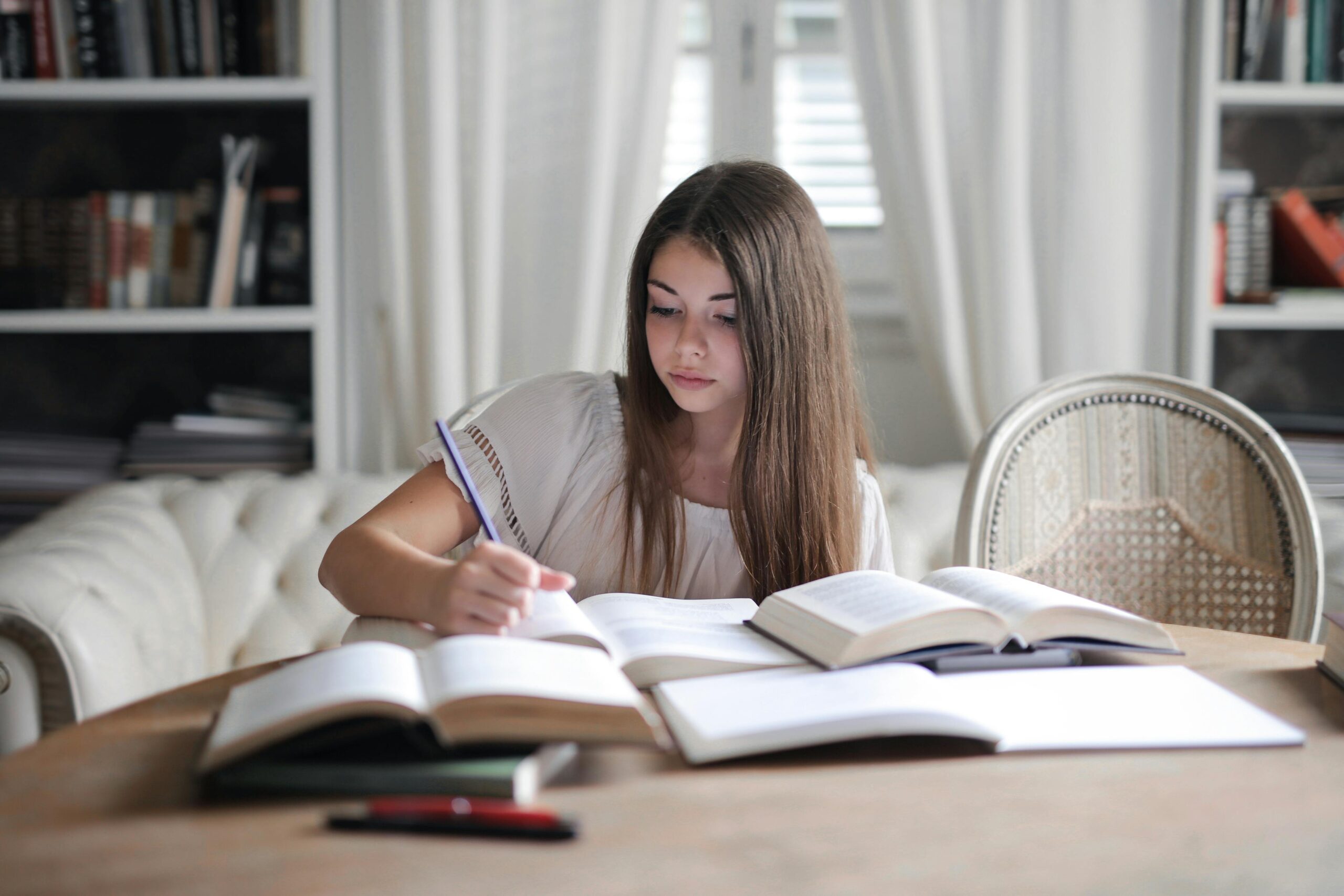In recent years, education has seen a shift towards more interactive and engaging methods. Play-based learning, a strategy gaining traction, emphasizes using play as a medium to foster various skills in children. This approach not only enhances learning but also nurtures confidence and critical thinking. Understanding the benefits of this method can help educators and parents effectively support children’s growth.
How Kids Learn By Playing
When children engage in truly enjoyable and stimulating activities like play-based learning activities, they naturally begin to investigate and make personal discoveries, absorbing concepts far more deeply than through rote instruction. Kids pick up core ideas simply by playing. While it feels like play, it’s a planned way to help minds think, friendships form, and feelings grow. Think about it: when children play, they’re actively trying out ideas, figuring out solutions, and deeply engaging with their surroundings. This helps them grow.
Building Confidence Through Play
Kids need self-assurance to truly flourish. When kids learn through play, they find a secure spot. It lets them truly be themselves. As people get busy with different tasks, they quickly grasp how to weigh risks and decide what to do. Successes and even small failures during play teach resilience. Watch a kid finally get that hard thing done. The pride that washes over them? It’s pure magic for their confidence.
Children in groups quickly learn to speak up and team up with others. They learn to connect with others. This makes them feel much more confident. People grow more at ease sharing their thoughts and opinions. These abilities are crucial for any situation.
Enhancing Critical Thinking Skills
Critical thinking involves analyzing information and making reasoned judgments. Play-based learning naturally incorporates these elements. When kids play, they hit snags that call for a quick fix. They get good at asking questions, sizing up situations, and making their own calls. You’ll see them start to think for themselves, really questioning ideas and forming their conclusions.
Consider building blocks. You plan each step, then solve problems as they pop up. A child must consider balance, structure, and design, engaging their analytical skills. Watch kids doing these activities; they’re learning to imagine and plan. That helps them tackle bigger challenges as they grow.
Social and Emotional Development
Play-based learning plays a significant role in social and emotional growth. Kids learn by playing. They get how others feel. Exposure to diverse perspectives and human sentiments cultivates a more refined emotional comprehension.
You really learn to work with others when you play together. Watch as little ones discover how to compromise on games, hand out snacks fairly, and smooth over squabbles. To get along and thrive in any group, you absolutely need these abilities.
Implementing Play-Based Learning at Home
Parents can incorporate play-based learning into everyday activities. Just playing simple games or tackling puzzles around the house can actually get a lot done. Kids really benefit when they get to explore the outdoors or play make-believe games.
Setting aside time for unstructured play is equally important. It allows children to use their imagination and creativity freely. To really fire up a child’s imagination, parents should put out all sorts of cool stuff, think glitter, clay, or interlocking plastic bricks, to get them playing and exploring.
The Role of Educators
Without grown-ups to lead the way, kids wouldn’t get as much out of learning by playing. When kids feel safe and excited, they can truly explore and learn from everything around them. When teachers dream up lessons, they can make them so much fun that kids won’t even realise how much they’re learning. That’s how you keep them glued to their seats.
Assessment in play-based learning should focus on observing growth and development rather than standardised testing. When teachers truly understand what makes a child tick and where their natural skills lie, they can create activities that help those individual strengths truly shine.
Conclusion
Learning through play truly makes a difference. It helps kids grow fully in mind, body, and feelings. Cultivating a child’s self-assurance, sharpening their analytical prowess, and developing their social adeptness equips them for upcoming adversities. When school staff and parents join forces to use this system, children get the healthy, stimulating space they need to truly flourish. Giving playtime a real spot in learning helps set people up for a healthy, thriving future.






